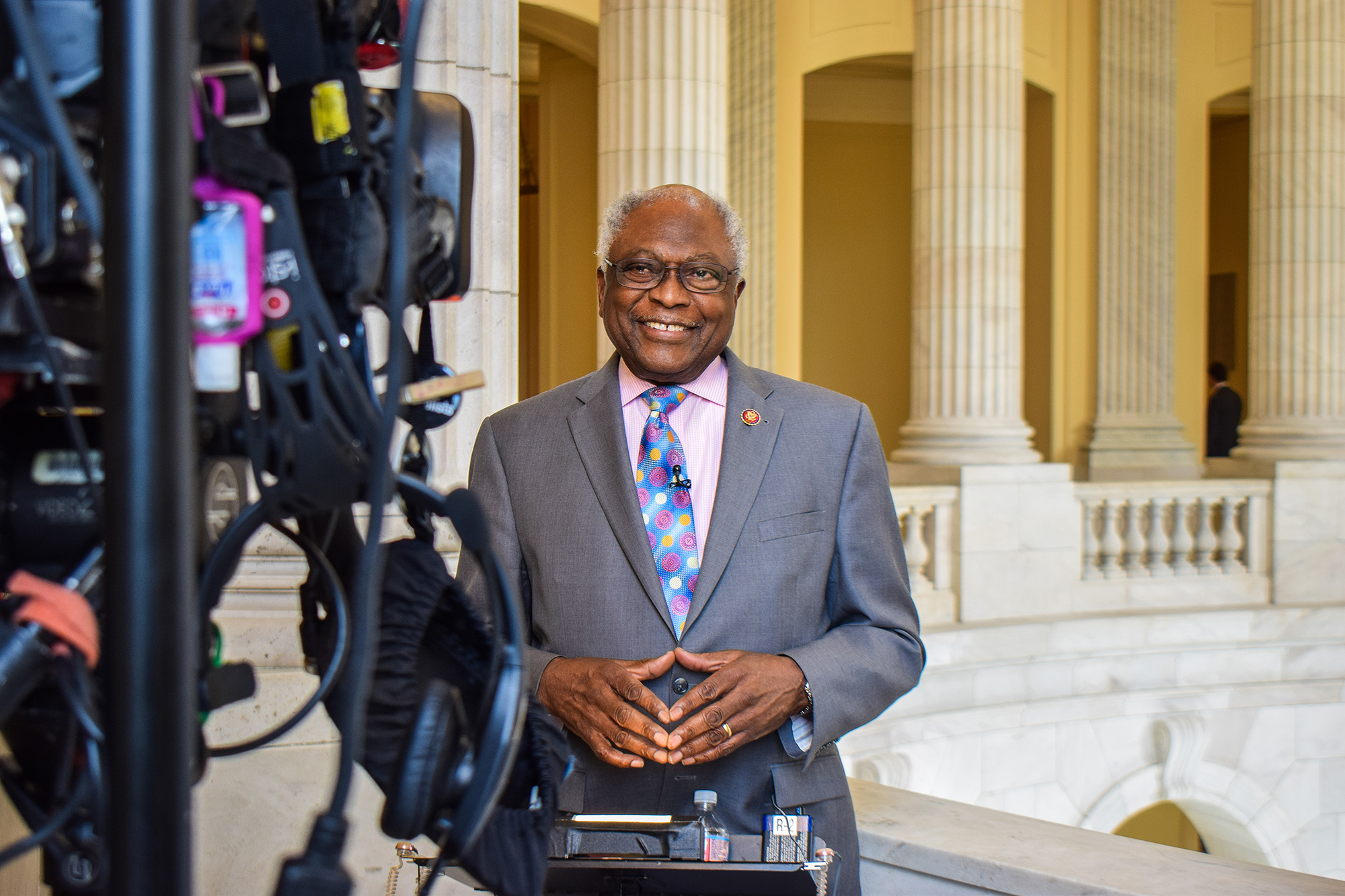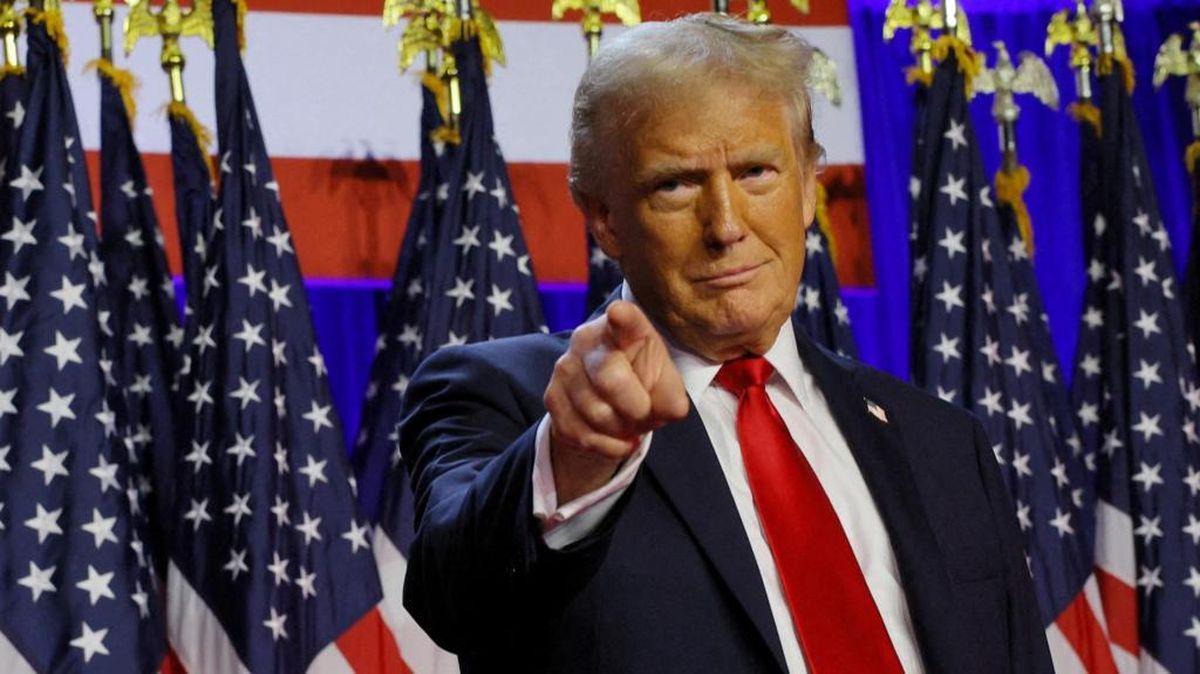- BlackVoter.Org
- Posts
- BLACKVOTER.ORG
BLACKVOTER.ORG

Join the National Museum of African American History and Culture for the engaging Power of Place Highlights Tour, happening on November 27, 2024, at 1:15 PM and 2:30 PM. This free, walk-in experience invites you to explore ten pivotal U.
S. locations deeply significant to the African American story.
Led by knowledgeable docents, the tour shines a light on the richness of black urban life in Chicago, revealing leisure in Oak Bluffs, the historic rice fields of South Carolina, and the vibrant origins of hip hop in the Bronx. Delve into the powerful narratives that define the African American experience through the lens of place and community.

In the wake of Donald Trump's surprising electoral gains among voters of color, the article delves into the complexities behind this phenomenon. It highlights how socio-economic concerns often overshadow his racist remarks for many, particularly among Latino and Asian American voters.
Despite Trump's inflammatory rhetoric, nearly half of Latino voters and a notable percentage of Asian Americans still cast their ballots for him, driven by issues like dissatisfaction with the economy under Biden. The narrative challenges assumptions that all voters of color reject racist candidates, emphasizing individual nuances, historical context, and the troublesome dynamics of identity and economic anxieties.
The article illustrates that while racism remains a significant issue, socio-economic realities can lead some minority voters to overlook troubling rhetoric, revealing a more multifaceted political landscape than often assumed. The discussion encourages readers to acknowledge that voters are not a monolith, with diverse motivations influencing their choices.

In an era when political tensions run high, Harry Bulkeley urges us to keep the Thanksgiving table free of partisan debates. Reflecting on the palpable anger stemming from recent elections, he highlights the futility of trying to calm furious voices with platitudes.
Instead of allowing political divisions to overshadow family gatherings, Bulkeley encourages finding common ground, emphasizing that the family unit is essential for societal cohesion. He playfully suggests steering holiday conversations away from politics—perhaps debating whether oysters belong in dressing instead.
With a witty nod to the typical family squabbles, he reminds us of the joy found in togetherness. As we approach Thanksgiving, let’s embrace gratitude and unity, celebrating our blessings rather than our disagreements.

Congressman James E. Clyburn recently delivered impactful opening remarks at the House Natural Resources Subcommittee hearing, advocating for the Renewing the African American Civil Rights Network Act.
This crucial legislation seeks to reauthorize and expand the role of the National Park Service in commemorating the African American civil rights movement, highlighting its significance in shaping social justice and national reconciliation. Clyburn emphasized the historical importance of figures like Sarah Mae Flemming, whose contributions often go unrecognized compared to icons like Rosa Parks.
He stressed that this initiative not only honors the past but also supports economic growth through heritage tourism, particularly aiding rural communities in South Carolina. With endorsements from 27 co-sponsors, Clyburn urged unity in supporting this important legislation, further linking the revival of historically significant sites to the region's burgeoning tourism economy.
His appeal underscores the need to celebrate and educate about the overlooked heroes of civil rights history.

In a controversial segment on MSNBC, Yale psychiatrist Dr. Amanda Calhoun advised LGBTQ+ individuals to consider cutting ties with family members who voted for Donald Trump, particularly in light of rising crises within the community post-election.
Speaking with host Joy Reid, Calhoun argued that familial bonds shouldn't compel anyone to endure hostility or support decisions that threaten their rights and well-being. She emphasized the importance of taking care of oneself, suggesting it’s perfectly acceptable to distance oneself from those who voted contrary to one’s livelihood.
This bold stance sparked a mixed reaction online, with some viewers agreeing and others accusing the doctor of having "mental health problems." The discussion reflects broader tensions following the election, underscoring the rift among voters and the challenges faced by marginalized communities in the current political landscape.

Samantha Durham, a passionate storyteller from York County, is on a mission to shine a light on African American history that has been buried—quite literally—under parking lots and neglected sites. Co-founder of the Friends of the Lebanon Cemetery, Durham aims to honor those laid to rest in forgotten burial sites by bringing their stories back to life.
Through her Paved Over Prominence Project, she has uncovered eye-opening connections between significant Black historical figures and the spaces that now obscure their legacies. By collaborating with local organizations, she’s advocating for storyboards and virtual tours that will help everyone appreciate York's rich history.
“We want to proudly say we were an integral part of York County,” said Durham, emphasizing the importance of recognizing the past to enrich the community's present and future.

At a lively Institute of Politics forum, Washington Post columnist Eugene Robinson and Politico correspondent Eugene Daniels critiqued media coverage of elections and the missed signals from voters that contributed to the surprise re-election of Donald Trump. Highlighting the erosion of local journalism, they underscored its impact on national understanding, with Robinson admitting he underestimated Trump’s connection with Black and Latino voters.
The panel lamented the media's fleeting interest in voters, stressing the need for ongoing engagement rather than a superficial, rushed approach. Daniels cautioned that the loss of newsroom jobs could hinder the media's ability to detect crucial voting trends.
Both journalists called for a shift towards empathetic reporting that prioritizes genuine connections with communities, contrasting it with the ineffective practice of parachute journalism. In their view, authenticity and humility are essential for journalists to accurately capture the political landscape and restore trust in the media.

In "Are We (Still) A Democracy?", Ben Sheehan dives into the persistent question of America's democratic identity, highlighting a striking generational divide in perceptions of democracy. While 75% of those over 50 believe in democracy's superiority, just 36% of younger Americans share that sentiment, raising questions about their understanding of this crucial system.
Sheehan traces the evolution of American democracy, from the limited electoral rights at the nation's founding to milestones like women's voting rights and the abolition of Jim Crow laws. Yet, he warns of ongoing backsliding, citing challenges like voter suppression and political polarization.
Ultimately, Sheehan argues that democracy is a dynamic, ever-evolving pendulum—subject to both progress and regression. His hopeful outlook suggests that history has proven people’s resilience, indicating that once the seeds of democracy are planted, the demand for more rights and representation continues to grow, no matter the obstacles faced.

As the 2024 U.S.
elections approach, excitement and speculation are at an all-time high. Candidates from both major parties are ramping up their campaigns, engaging voters through rallies and social media, and emphasizing distinctive strategies to galvanize their bases.
With a young, influential voter demographic concerned about crucial issues like climate change and economic stability, candidates must align their policies with these priorities to gain traction. The political landscape remains polarized, making battleground states like Pennsylvania, Wisconsin, and Michigan essential for determining the election's outcome.
Preparing for debates that could sway undecided voters, both parties are working tirelessly to showcase their visions for America’s future. As citizens gear up to vote, the stakes have never been higher—it’s not just about casting ballots, but about shaping the direction of the nation for years to come.

In a dramatic exploration, Rebecca Davis examines how five influential South African men—Elon Musk, Peter Thiel, David Sacks, Joel Pollak, and Patrick Soon-Shiong—are shaping American democracy. Each of these figures, having spent formative years in apartheid South Africa, brings a unique, often controversial perspective to their roles in global politics and tech.
Musk’s fraught family history, Thiel’s defense of apartheid during his time at Stanford, and Sacks’ recent rallying for Trump reveal a recurrent theme of a deep-seated opposition to liberal values. As they leverage their wealth and influence, their connections to South Africa complicate their narratives, raising questions about privilege, race, and identity politics.
Davis argues that understanding their controversial rise involves considering the profound impacts of their South African roots on their political behaviors in the US. This provocative piece invites readers to rethink the intersections of identity, power, and democratic change.

During a recent state visit to Brazil, Chinese President Xi Jinping and Brazilian President Luiz Inacio Lula da Silva jointly advocated for peace in Ukraine and a ceasefire in Gaza. Their meet in Brasilia emphasized a commitment to diplomacy amid ongoing global conflicts, as both leaders envisioned a "joint roadmap" to mediate peace.
While Russia welcomed their proposal for Ukraine, it faced rejection from Ukraine and its Western allies. Xi's call for an end to hostilities in Gaza also aligned with recent G20 discussions urging comprehensive ceasefires.
Their strengthened ties emphasize a growing partnership, with 35 cooperation agreements signed in diverse sectors, reflecting both countries' aspirations for enhanced collaboration. Analysts suggest this alliance signals a shift towards increased influence from non-Western powers, particularly as the U.
S. role wanes.
The vibrant exchange showcases a vision for a future defined by peace, dialogue, and international cooperation—an aspiration both leaders are eager to pursue.

